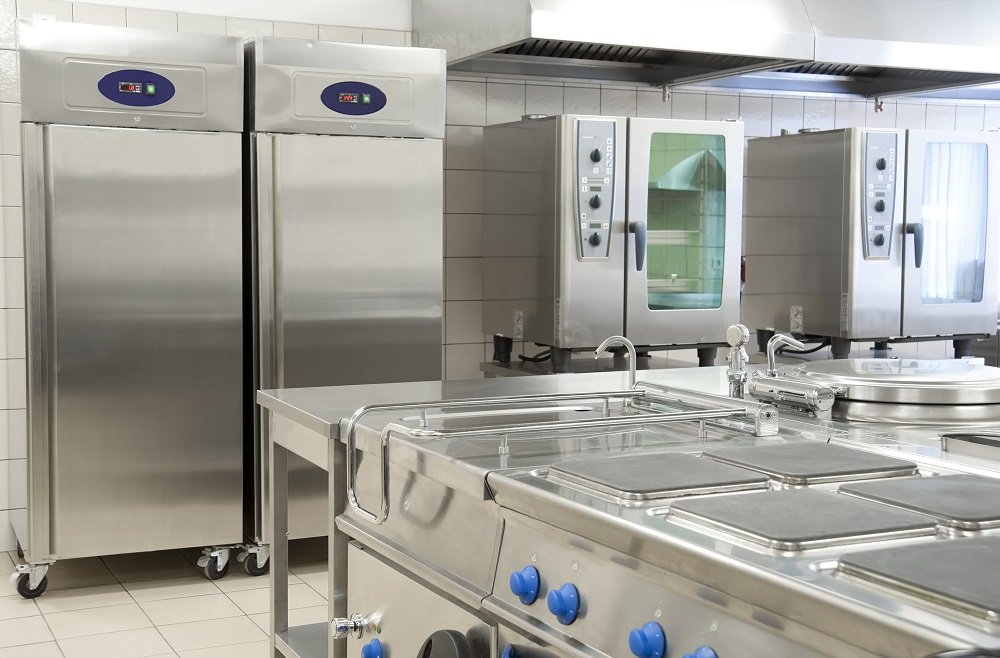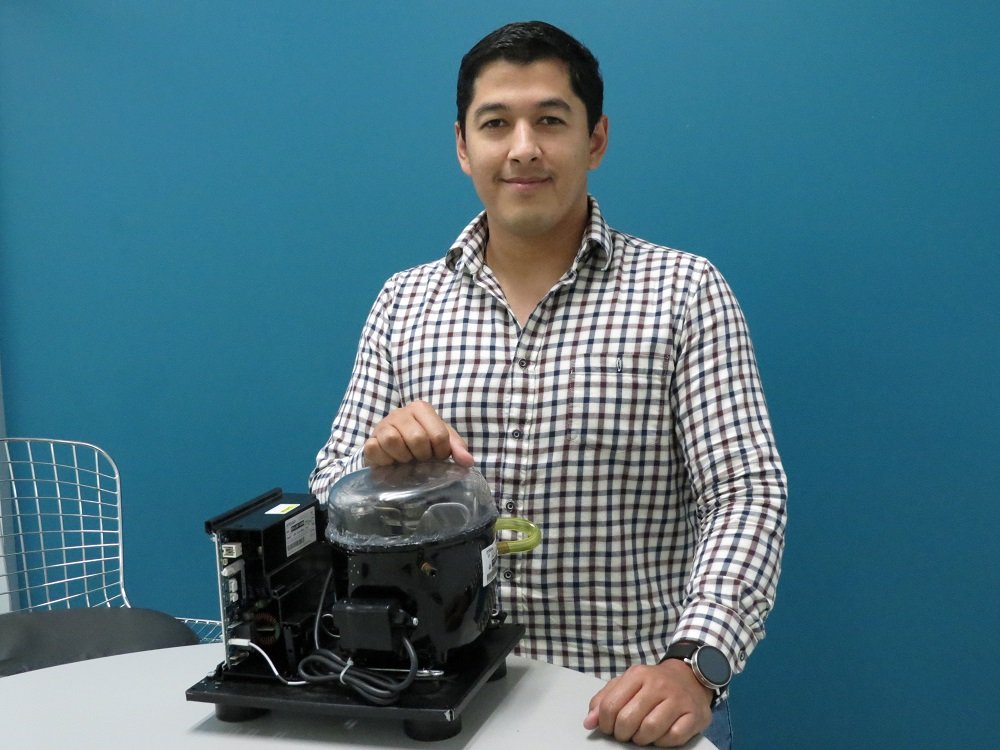
Check the measures to protect the equipment when turning it back on
During these times of coronavirus pandemic, quarantine and lockdown procedures, many food service businesses have had to shut down for a while or had their demand strongly reduced. In result, some may have chosen to disconnect their refrigeration equipment to save energy. In this case, there are some easy measures that can be taken to protect the equipment in order to work properly when reconnecting it.
Tips for restarting disconnected equipment

If the equipment will not be used for many days and disconnecting it ends up being the proper choice, here are some recommendations by Application engineers David Ramirez and John Prall, and Technical Service specialist Denny Martin, all from Nidec Global Appliance, holder of the Embraco brand, a global reference in technology for the complete domestic and commercial cold chain. Both have many years of experience working with Embraco’s compressors and refrigeration solutions.
- Before restarting, take the opportunity to make any maintenance needed in the equipment.
- It’s very important to make sure that the condensers and evaporators are clean before restarting the equipment, as this will ensure proper operation.
- When restarting, be sure to check for any unusual noises like liquid slugging the compressor or fans out of balance before allowing the cabinet to be restocked. Once the equipment is started back up, make sure the cabinet has achieved the design temperature in the refrigerated space before allowing it to be stocked with product.

- There are two things that may occasionally happen when restarting the equipment after a long period of time: a longer time to reach the design temperature and an elevated energy consumption, which is normal in this situation.
- It’s a good idea to allow the cabinet to achieve design temperature before stocking the product so as not to overload the equipment and increase pull down time unnecessarily. The compressor works hardest during a hot pull down and typically will remain at full load amperage until reaching the correct temperature.

- Once the product is loaded, check cabinet temperature again and note the time it took to pull down. Take amp draws on all motors if possible once the cabinet has reached temperature. It’s also a good time to inspect and tighten all electrical connections.
- If it is necessary to restart the equipment with a big stock of product, then avoid turning it off again for at least 24 hours. It is also recommendable to allow the equipment to reach a stable condition of temperature before putting more products inside it again.
- The most important thing to consider when restocking equipment that has been off is that the product going into the cabinet is at temperature and not too warm or it will take very long to reach the appropriate temperature.
To conclude, David Ramirez explains that disconnecting equipment to save energy is not always the best choice if it is only for short periods of time. “Normally, you imagine that will improve the energy consumption of the equipment by shutting it off in moments of lower demand, such as during the night. But in this case, we have to take in consideration that when we disconnect an equipment, the internal temperature tends to get higher and when turning it on again, it will require a lot more energy to pull down the temperature”, he explains. “The temperature variation also accelerates the decomposition of food and beverages, so the recommendation, in short period situations, would be to put the equipment in economy mode and not to turn it off”, completes the engineer.
